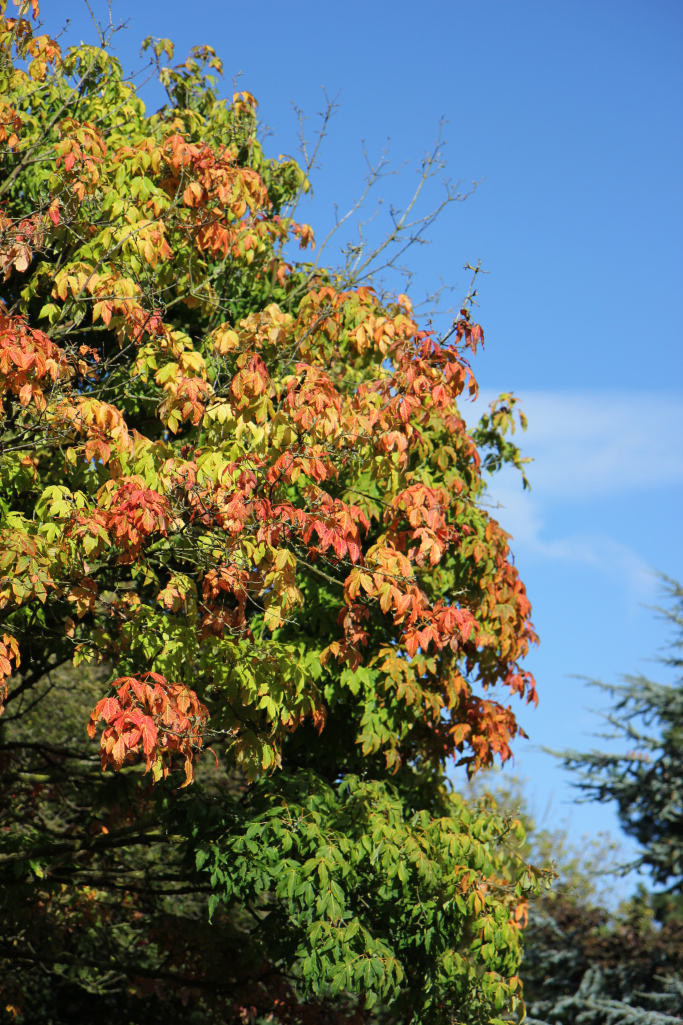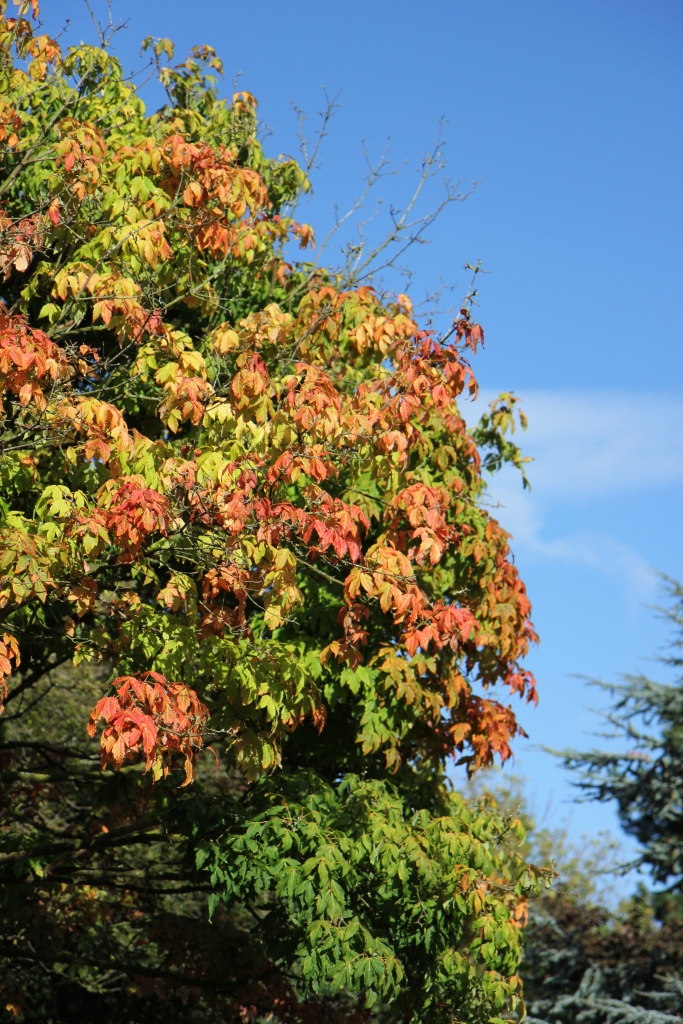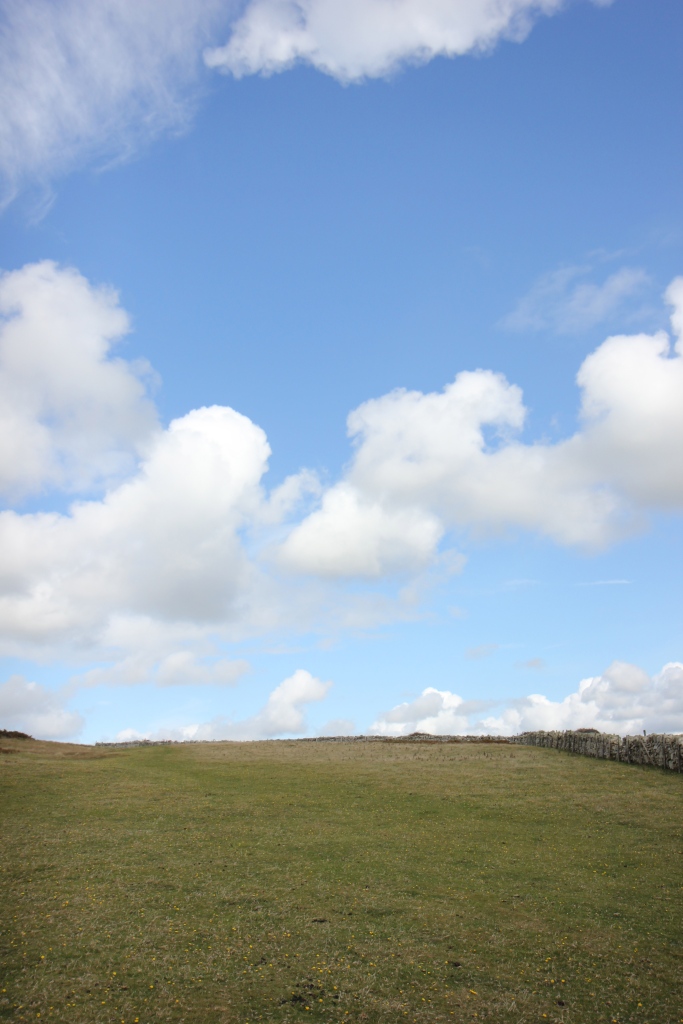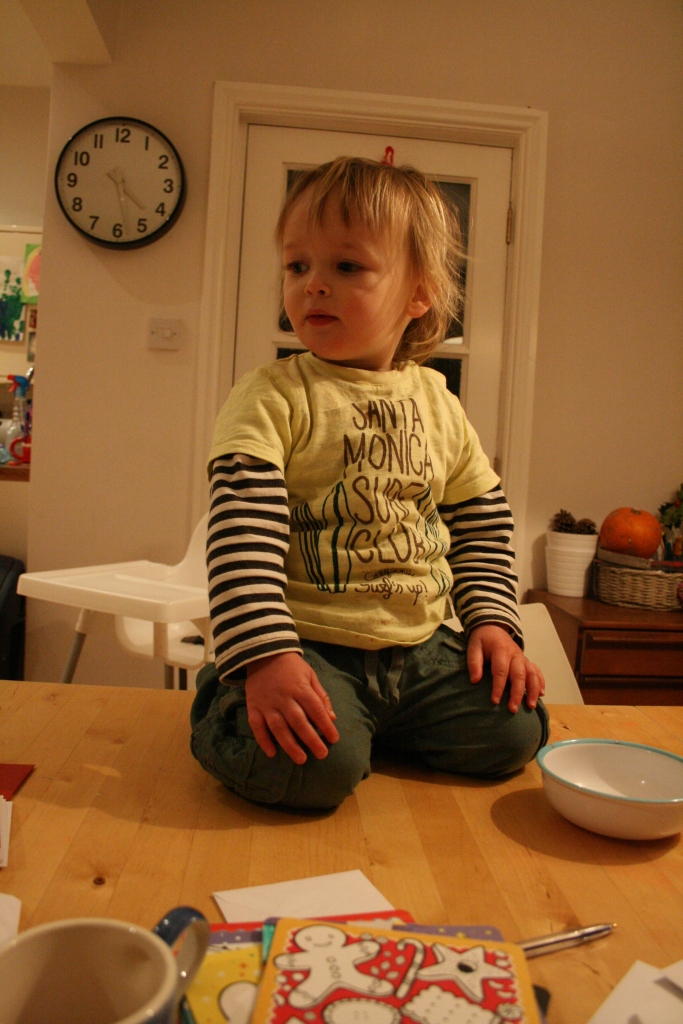
06 Oct Throwing out the ‘to-do’ life
Life is busy.
We live in a madly accelerating world.
We are held hostage by the to-do list.
I recently heard stress described as ‘a perverted relationship to time’*.
We are victim to its demands, punished by the schedule.
We rush from one appointment to the next, one meeting to another, never feeling we achieve all we could, perpetually frustrated. We say ‘if only there was another day in the week, another hour in the day, then I would be able to get through everything I need to’. We wear our busyness with pride, although inside we are worn out, on the brink of collapse.
We live in a world that proclaims the message:
Busy is good.
And our churches (or some of them at least) can sound as though they are in agreement with this ideal, although it sounds more like:
Activity equals purpose.
We are exhausted and our God-given bodies and minds are screaming for a rest, but we cannot shake this notion, that there is a direct correlation between how frantic your life is, and how fruitful it is. We believe, often subconsciously, that if we have full days (and nights) then we matter. If we are in demand then we are important.
This lie masquerades as truth and buries itself away in our hearts.
Instead of simply having a to-do list, we create a to-do life.
Constantly exerting ourselves, with no time for reflection, no space to rest.
Somewhere along the way I picked up the idea that stopping, that stillness, was equated with laziness.
So I kept going, always thinking that someday soon I would achieve my goals. That if I organised my time better, or lent on God more (boy did i have a skewed idea of what that meant) that then I would find myself, not running on empty, but flourishing.
I believed the verse “be still and know that I am God” (Psalm 46:10) – had to be found in the midst of the hectic, enterprise-heavy life. You were meant to intuitively know how to do that on an inner level – to quieten your spirit – and, even in the full-throttle, fast pace of every day, have a zen soul that could ‘be still’ and know God at any time, in any place.
I am sure there are some very mature, seasoned individuals who managed this.
Not me.
For a long time I couldn’t still my spirit or my mind, or my body. I didn’t know how to. I lived by the seat of my pants, emotionally just clinging on, falling exhausted into bed at the end of each day.
At a certain point the demands I had placed on myself became too great and I fell over. Mentally exhausted, emotionally fried, physically weak. I have written before about this collapse, and how I walked away from the God I thought I knew.
After this breakdown (or as a wise friend called it ‘breakthrough’), I gave up on the can-do, must-achieve life and started to focus on a life seeking peace and accepting grace.
But changing both belief system and physical reality has and will continue to take some time. I think it may be a life’s work, to learn to no longer live and act in alignment with the principles and priorities I see around me everywhere I go. In the world and, sadly too often, also the church. Of achievement, and success and productivity.
Through my recovery and beyond, I have started to seek out new disciplines.
Practises that refresh and heal.
And I’m wondering if maybe when it says ‘be still’, it isn’t just imagery and metaphor. Maybe it means what it says – that in a world that runs a hundred miles an hour, twenty four hours a day, we should learn the practise of being physically still.
Stopping sometimes feels like an act of rebellion. A resistance movement (or maybe a resistance stillness) against the forces of better and bigger and now.
I find this really difficult.
I have found that for me, the only way it is possible to still my mind is to work from the outside in. To quiet the body, which will then quieten my mind and in time my spirit. Somehow, gently, this allows my whole self to ‘be still and know that he is God’, on a deep and profound level that leaves no need for me to make myself into God, to meet my own needs and heal my own pain.
I listened to an interview with John O Donohue yesterday*, the late former priest, latterly poet and philosopher. Just his voice slowed me right down. He talked of his life and the landscape and beauty. He described the importance of allowing time for yourself. Not to be self indulgent or lazy, but to enable living in the present moment. He described many people he met and how they run from one thing to another, and that rather than being a subject to their own time, they have become the victim of it. He describes these people, most people, he could certainly be speaking to me when he says;
‘at the end of the day you probably haven’t had a true moment for yourself, to relax in, to just be’
I am a beginner in these ancient arts, but thankfully others have trod this path before and show the way.
I am learning to offer myself the gift of stillness. To taste and see. To rejoice in this moment, this day. For by stopping I know I will find the true life, right here, right now, under my nose all along.
A final thought for those with tiny ones:
I have read this and re-read this trying to find some words to express how I might have felt if I had read this 5, 7, or 10 years ago. When pre-schoolers were under my feet, my nights interrupted and a moment of quiet felt like an impossibility. It is quite likely that I would have shouted at the screen, or burst into tears. So, please hear my heart on this one and, if you can, let yourself off the hook occasionally (however that looks for you – let the house be a mess, accept an offer of help) and try and give yourself the gift of a few moments to stop and breathe without any requests being made of you. I was unbelievably rubbish at this when I had little ones, not yet at school. I raced around trying to tick every box I could think of. It wasn’t good and I ended up in a mess.
I don’t know the answer as to how to make those years less frantic – the truth is that physically a lot is being asked of you, all the time. But if you can, if it is possible, be kind to yourself and allow yourself the luxury of an unhurried moment. I know it must be possible, I’m just not wise enough to know how to make it happen. May you have the grace to discover the way.
*This quote and the interview between Krista Tippett and John O’ Donohue on the OnBeing podcast can be found here.



Hannah
Posted at 13:22h, 06 OctoberLovely writing as always. I think for me, having CFS propelled me into a world of physical rest, and no to do list, for YEARS. But it has taken so much effort to actually rest and not just be lying there frustrated and annoyed. Enforced inactivity is a different ball game, but it has been so isolating in a world where everyone else is running around at a crazy pace. It’s refreshing to read about resting when you’re not forced to in quite the same way. I agree about the church thing to, i think most leaders and christians are actually quite pro rest and not always doing, but it’s like no one actually wants to say it from the ‘front’ incase everyone gets lazy !?
Anyway.
Hope this autumn brings some clarity for you Elli.
Carry on writing x